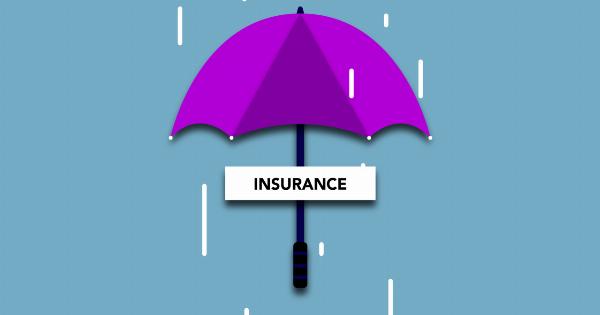It’s an unfortunate reality that scams have become an unavoidable part of our lives. From phishing emails to fake websites, scammers find new ways to prey on unsuspecting victims every day.
And while it’s easy to think that we’re too smart or too savvy to fall for their tricks, the truth is that anyone can be vulnerable to scamming tendencies if they’re not careful.
What is a Scam?
First, let’s define what we mean by a scam. A scam is an attempt by someone to trick you into giving them money or personal information under false pretenses. This can take many forms, such as:.
- Phishing emails or phone calls that try to get you to reveal your passwords or other sensitive information.
- Online shopping scams where a fake website offers products at a low price and then disappears with your payment.
- Investment scams that promise high returns but are actually pyramid schemes.
- Lottery or prize scams that tell you you’ve won something but need to pay a fee to claim your prize.
The list goes on and on, but the point is that scams can be convincing and come in many shapes and sizes. So, how can you protect yourself?.
Protecting Yourself from Scams
There are several steps you can take to protect yourself from scamming tendencies:.
1. Verify Before You Trust
If someone asks you for money or personal information, take the time to verify that they are who they say they are.
This can involve doing a quick Google search on the company or individual, checking their website (if they have one) for contact information, and searching for reviews or complaints online. If everything checks out, proceed cautiously. If anything seems suspicious or too good to be true, it probably is.
2. Use Strong Passwords
One common way scammers try to steal personal information is by guessing or hacking passwords. Make sure your passwords are strong and unique, using a mix of letters, numbers, and symbols.
Don’t reuse passwords across multiple accounts, and consider using a password manager to keep track of them all.
3. Be Wary of Unsolicited Emails and Phone Calls
Phishing emails and phone calls are a common way scammers try to gain access to your personal information.
Be wary of unsolicited messages from people you don’t know, especially if they ask for sensitive information like your Social Security number or passwords. If you’re not sure whether an email or call is legitimate, err on the side of caution and don’t respond.
4. Check Your Credit Report Regularly
Another way scammers can harm you is by opening accounts or taking out loans in your name. To catch these types of fraud early, check your credit report regularly and look for any unfamiliar accounts or transactions.
You’re entitled to a free credit report from each of the three major credit bureaus (Equifax, Experian, and TransUnion) once a year.
5. Report Suspicious Activity
If you think you’ve been the victim of a scam, report it to the authorities right away. This might include your bank, credit card company, or local law enforcement agency.
You can also report scams to the Federal Trade Commission (FTC) at ftc.gov/complaint or by calling 1-877-FTC-HELP.
Conclusion
Scams are a pervasive and ever-evolving threat, and no one is immune to being scammed. However, by taking the steps outlined above, you can reduce your risk of falling prey to scamming tendencies.
Stay diligent, be cautious, and always verify before you trust.





























